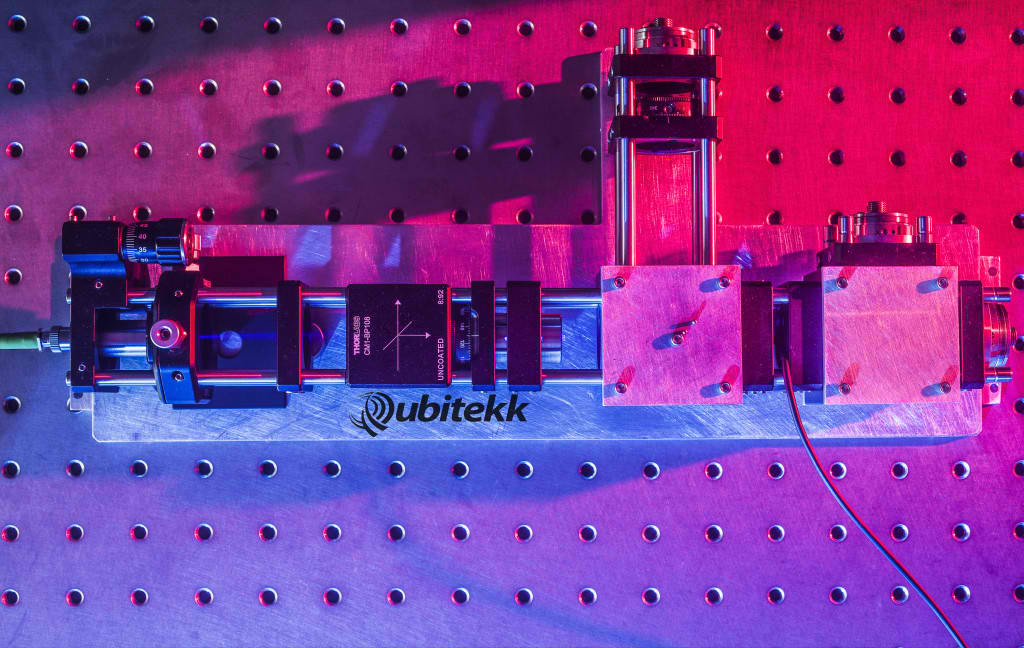Quantum computing offers a lot of promise as well as a lot of threats. Computers with this technology haven’t been built yet. But once they can be, they can offer blazing-fast computation in parallel — or processing many calculations at the same time. A quantum computer — named for the principle of quantum mechanics physics that holds that matter and light can exist in multiple states at once — could be so fast that it could crack any encryption easily. And that would enable cyber-criminals to have a field day.
Qubitekk, a two-year-old startup founded by former Department of Energy scientist Duncan Earl, hopes to get there first. The San Diego, Calif.-based company is building cryptography systems that are enabled by quantum computing and can be more secure than what we have protecting our banks, infrastructure companies, and technology secrets today. Earl, who spent 18 years at the Department of Energy’s Oak Ridge National Laboratory, did a lot of fundamental work on quantum computing for national security and other applications. He has a doctorate in physics, and he believes that the time for real-world quantum computing has come.

Unlock premium content and VIP community perks with GB M A X!
Join now to enjoy our free and premium membership perks.
![]()

![]()